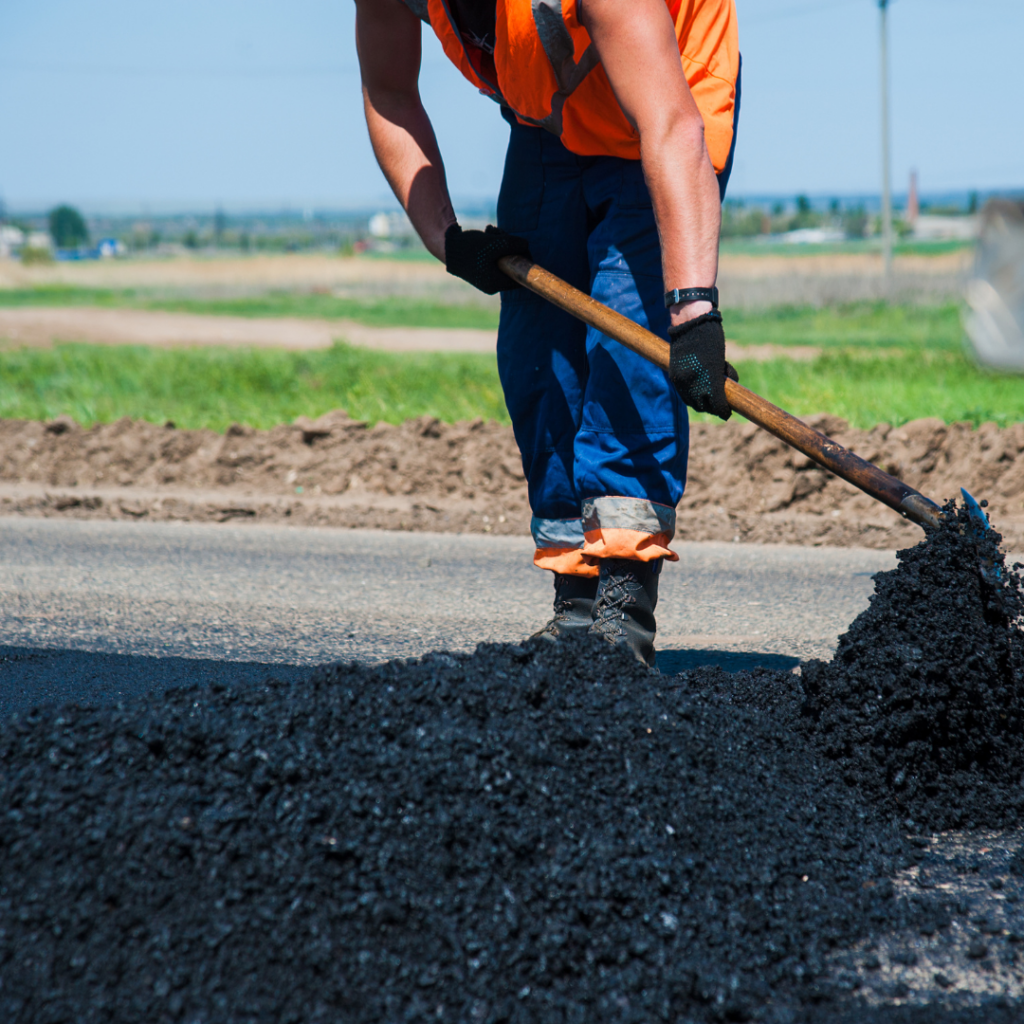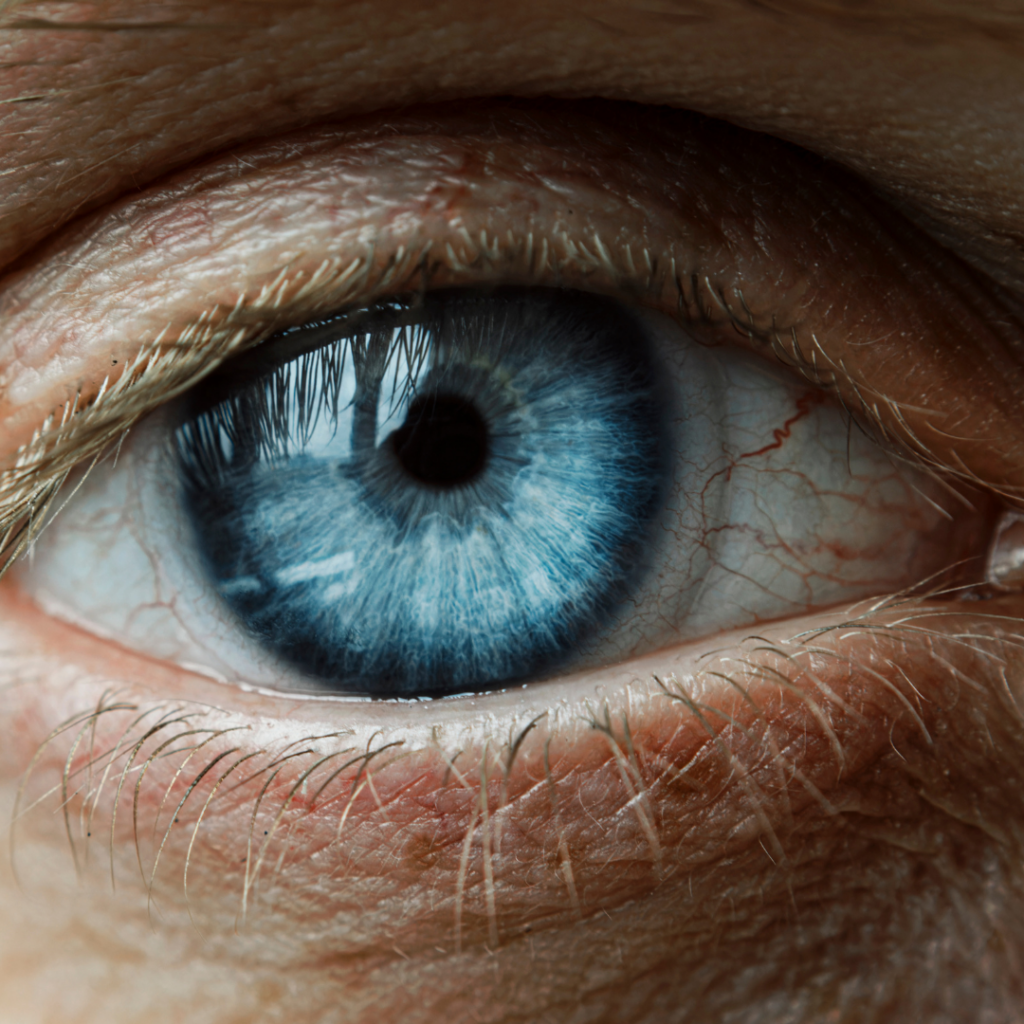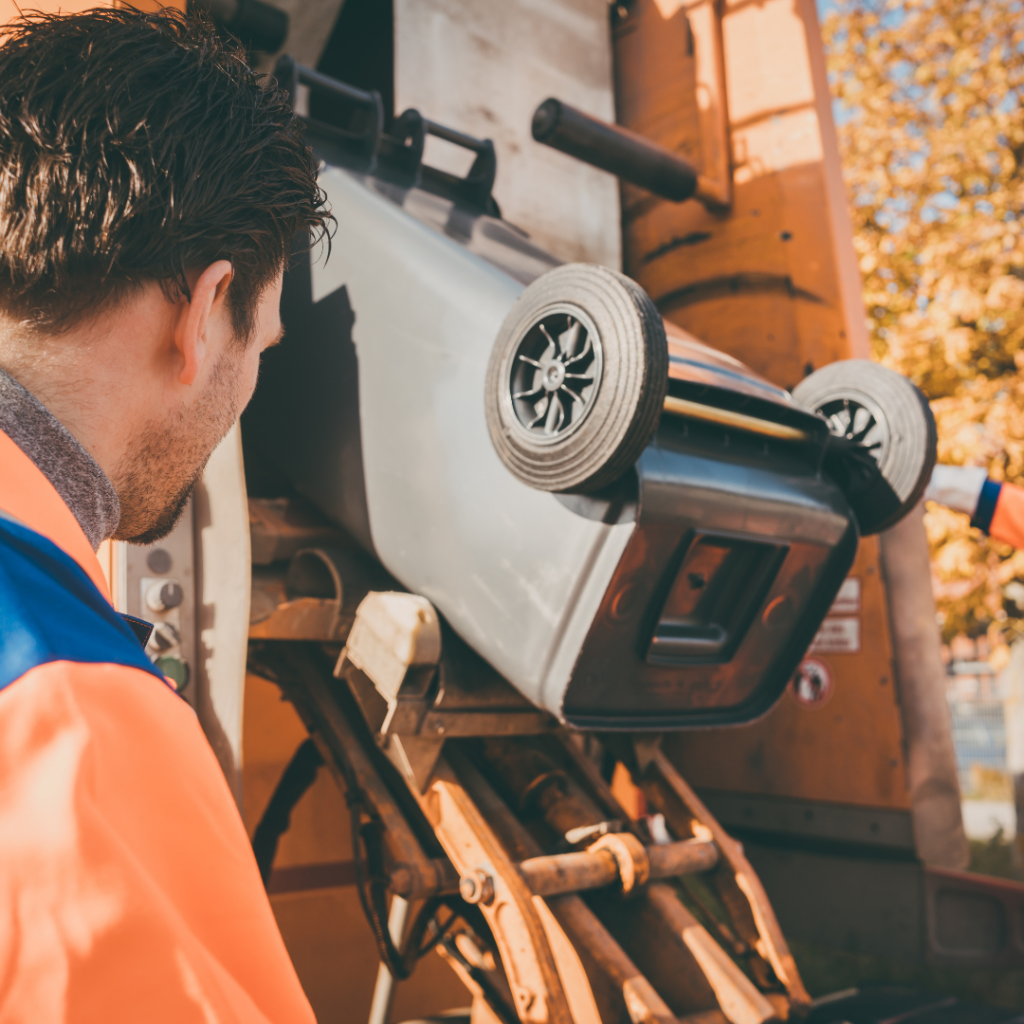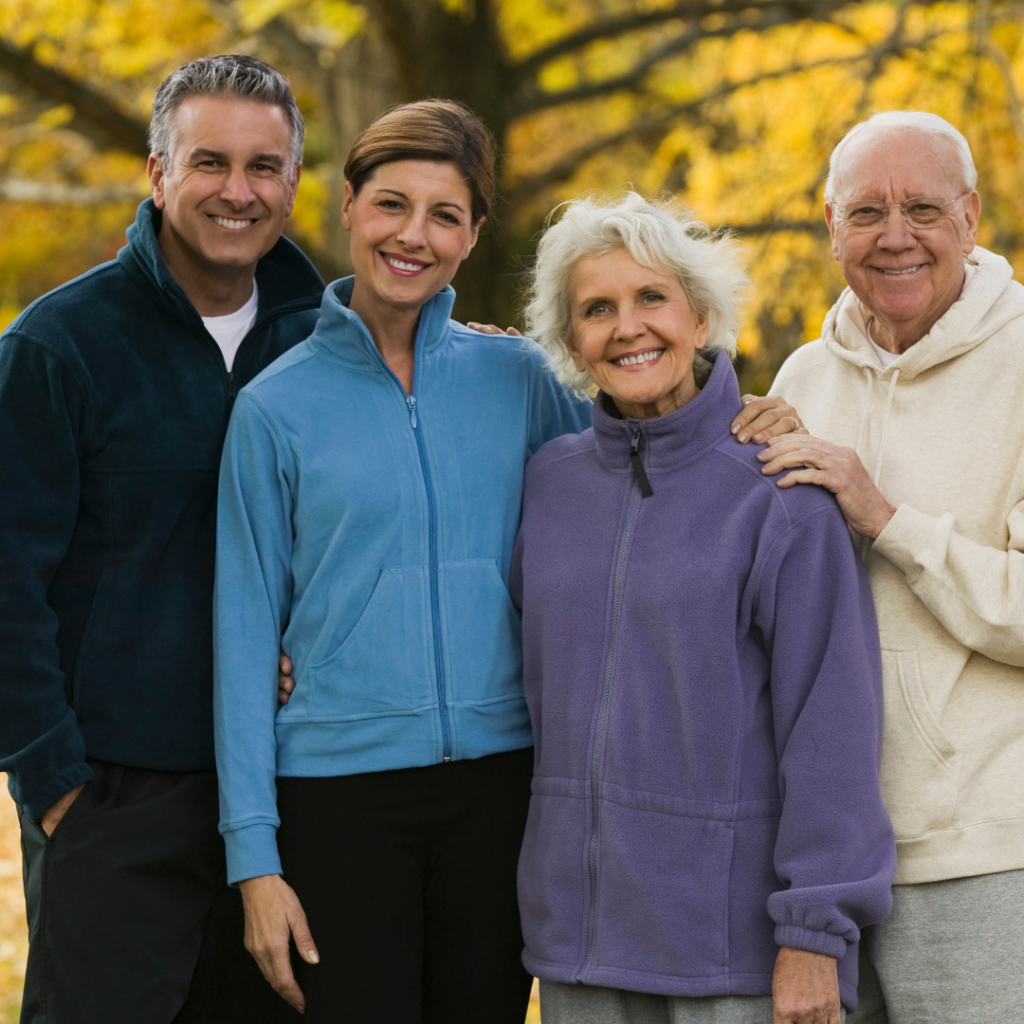Navigating personal injury claims can be overwhelming, particularly when technical evidence is required to build a strong case. This is where expert witnesses come in. Whether you’ve been in an accident, suffered medical negligence, or experienced workplace injuries, understanding the role of an expert witness can give you clarity and confidence as you pursue compensation.
This blog will guide you through the responsibilities, duties, and influence of expert witnesses in personal injury proceedings, while highlighting how they can support your case. By the end, you’ll know how essential their impartial expertise is, what to expect from them, and when to enlist their help.
If you’re unsure whether your claim would benefit from expert involvement, contact us today for tailored legal advice.
What Is an Expert Witness?
An expert witness is a professional with specialised knowledge in a particular field, such as medicine, engineering, or accident reconstruction, whose expertise goes beyond that of the average person. They are called upon in court to provide an unbiased opinion or present technical evidence to inform the judge’s or jury’s decision.
Experts often assist in translating highly technical concepts into plain and factual explanations, helping everyone understand the implications of the case. For example, if you’ve been involved in a road traffic accident, an automotive engineer might present findings on vehicle damage or the mechanics of the incident to establish liability.
The critical distinction here is that an expert witness is there to assist the court by offering impartial guidance, not to advocate for their hiring party—a principle enshrined in law.
Why Are Expert Witnesses Crucial?
Expert witnesses play an essential role in many personal injury cases. Their testimony often forms the backbone of a claim, helping to unravel complex technical details and provide clarity on liability or damages. Their involvement can be decisive for several reasons:
- Providing Objective Opinions
Experts analyse all relevant information, such as medical records, accident reports, or workplace safety measures. Their conclusions are based purely on facts and their professional judgement, not on the interests of the party hiring them.
- Strengthening Credibility
Courts and insurance companies value evidence-backed opinions from qualified professionals, making your case stronger and more persuasive.
- Bridging the Knowledge Gap
From explaining medical terminology to reconstructing an accident scene, an expert witness ensures all parties understand technical aspects pivotal to the case.
- Helping Estimate Damages
Experts can provide detailed insight into the financial consequences of an injury, factoring in medical expenses, loss of earnings, and future care needs to arrive at a fair compensation estimate.
The Key Duties of an Expert Witness
An expert witness must act in accordance with strict legal and ethical obligations, overriding any allegiance to the hiring party. Here are their fundamental duties:
1. Independence and Impartiality
The primary responsibility of an expert witness is to provide independent assistance to the court within their area of expertise. Personal biases have no place in their work. Their duty is to the court, not the client paying their fees. For instance, a forensic engineer should present findings on a building collapse without favouring the claimant or the defendant.
The Ikarian Reefer case emphasised this, stating that an expert’s report must be the “independent product of the expert,” uninfluenced by litigation pressures.
2. Fact-Based and Well-Researched Opinions
Expert witnesses must base their opinions on verifiable facts or solid assumptions. If certain evidence is inconclusive, they are required to highlight these limitations openly. Omitting relevant facts that could undermine their conclusions may lead to their testimony being dismissed.
3. Assistance Without Advocacy
Experts must never act as advocates for the party instructing them. Turning into a partisan supporter—as outlined in Byrne v Ardenheath Company Ltd—greatly compromises credibility and risks their evidence being excluded.
4. Clarity and Communication
Judges and juries often lack technical expertise, so experts must present their findings in a clear, accessible way. Whether through visuals like maps and diagrams or presenting complex figures with simplicity, this clarity ensures their evidence is impactful.
5. Keeping Evidence Updated
If an expert forms new opinions based on updated findings or after examining opposing expert testimony, they are expected to promptly share and explain these changes. They may need to issue a revised statement for fairness and transparency.
6. Compliance with Court Rules
Experts must adhere to procedural rules. For example, Order 39 Rule 57 of the Superior Court Rules outlines that an expert must acknowledge their duties in their written report, disclose any potential conflicts of interest, and comply with relevant legal directions.
7. Cooperation with Other Experts
Experts often meet with their counterparts on the opposing side to narrow technical issues and identify areas of agreement. By doing so, they streamline proceedings and save the court’s time.
Types of Expert Witnesses Commonly Used in Personal Injury Cases
Below are some of the most frequently called expert witnesses in personal injury litigation:
- Medical Experts
These professionals evaluate the nature and extent of injuries, long-term prognosis, and the impact on a claimant’s life. From orthopaedic surgeons to psychologists, they offer insights into pain levels, recovery prospects, and mental distress.
- Accident Reconstruction Experts
For cases involving vehicle collisions or workplace incidents, these specialists use data like skid marks, camera footage, and environmental factors to reconstruct events and determine liability.
- Forensic Engineers
Often used in road traffic accidents, they assess whether faulty equipment, unsafe structures, or machinery defects contributed to the incident.
- Financial Experts
When estimating loss of earnings or future medical costs, economists or accountants provide calculated projections to ensure fair compensation.
How to Work Effectively with Expert Witnesses
If you’re pursuing a personal injury claim, here’s how to get the most out of your expert witness:
- Choose the Right Expert
Ensure they have the necessary qualifications and experience, and verify that their reputation for impartiality is intact.
- Provide All Relevant Information
Share detailed case records, including accident reports, medical histories, and witness testimonies, to support accurate analysis.
- Prepare Them Thoroughly
Make sure they understand their legal duties and procedural expectations, especially if they need to testify in court.
- Manage Costs Wisely
Collaborate with a legal professional to determine whether the expert’s fees align with your claim’s value. For lower-value cases, using a single joint expert (an expert agreed upon by both parties) may be more cost-effective.
Myths About Expert Witnesses
It’s easy to misunderstand the role of expert witnesses amidst legal jargon. Here are common myths versus realities:
- Myth: Expert witnesses decide the outcome of a case.
Reality: They provide evidence-based assistance; the judge makes the final decision.
- Myth: Experts are biased toward the party employing them.
Reality: Their primary duty is to the court; any breach of objectivity can disqualify their evidence.
- Myth: All experts are advocates.
Reality: True experts are independent professionals bound by strict legal codes.
How an Expert Witness Can Help You Win Your Personal Injury Case
From interpreting technical evidence to delivering compelling courtroom testimonies, expert witnesses give strength to your claim. They ensure the key facts are clear, credible, and convincing—critical ingredients when seeking compensation for medical expenses, lost income, or emotional strain.
If you’re pursuing a personal injury claim and believe expert testimony could help, don’t hesitate to reach out to us. Our team will connect you with highly regarded professionals and guide you every step of the way.









